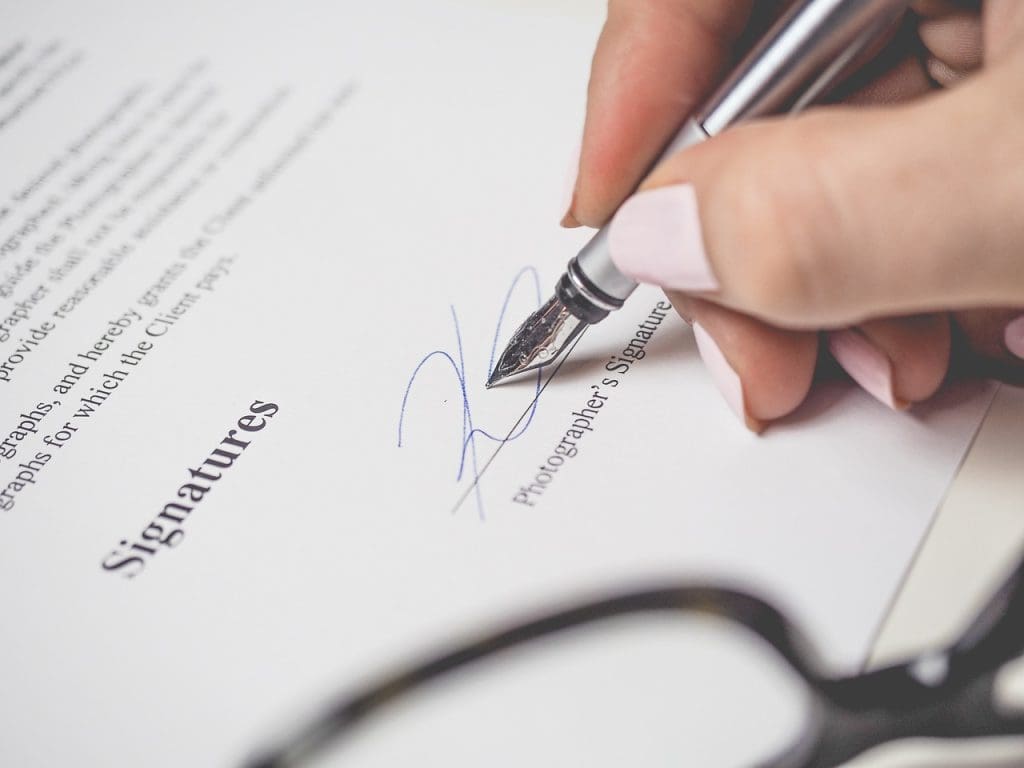If you have any of the following documents, you need to be sure to keep them safe:

- Will:
Specifies how your assets will be distributed after your death and names an executor to manage your estate. - Living Will (Advance Healthcare Directive):
Outlines your wishes for medical treatment if you become unable to communicate or make decisions. - Power of Attorney:
Designates someone to make financial and legal decisions on your behalf if you become incapacitated. - Healthcare Power of Attorney (Medical Proxy):
Appoint someone to make medical decisions for you if you are unable to do so. - Trust Documents:
Establishes a trust to manage and distribute your assets, potentially avoiding probate and providing privacy. - Insurance Policies:
Includes life, health, disability, auto, and home insurance policies, detailing coverage and beneficiary information. - Financial Documents:
Bank account information, investment accounts, retirement accounts (IRA, 401(k)), and pension documents. - Identification Documents:
Birth certificate, passport, driver’s license, Social Security card, and any other government-issued IDs. - Marriage and Divorce Papers:
Marriage certificate, prenuptial agreements, and divorce decrees. - Property Deeds and Titles:
Deeds to real estate, vehicle titles, and other ownership documents.
Whether you are 25 or 85, keeping these documents safe and accessible is crucial. It’s advisable to store them in a secure location, such as a fireproof safe or a safe deposit box. Additionally, consider creating digital copies and storing them securely online or in an encrypted digital storage solution. Sharing these documents’ location and access details with a trusted family member or legal advisor is also important.
Discover more from plan your ready
Subscribe to get the latest posts sent to your email.
